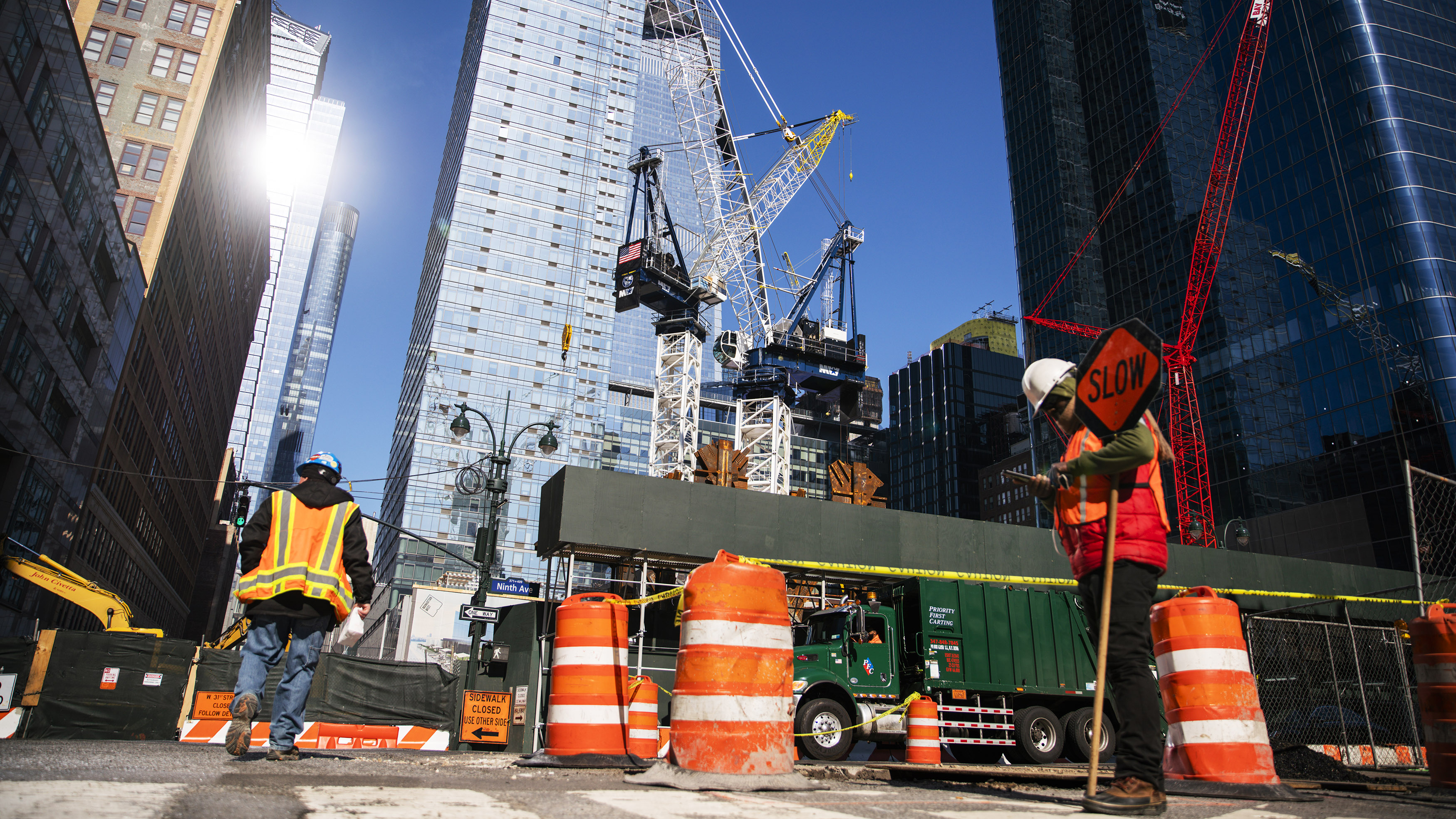Miami’s condo king on the luxury real estate comeback
Billionaire real estate developer Jorge Perez knows his way around a boom and a bust. Perez, CEO of Miami-based luxury condo builder Related Group, made a fortune as the market inflated in the 2000s, and lost more than a billion dollars as the bubble in South Florida burst. But Perez is back — and so is the market for luxury condos in Miami.
“Business right now is surprisingly good,” Perez says. “And I say surprisingly because the expectations were that the U.S., but particularly Miami, was going to have a much slower rebound in the housing sector.” Some people were throwing around a time frame of over a decade for Miami to get back on track because of extra inventory in the condo market. Too many condos were built and buyers dried up when the market tanked.
But Miami has something going for it that other cities like Phoenix or Atlanta don’t have: a flood of buyers from Latin America.
“At the beginning it was almost exclusively people from South America and Europe buying up property because they saw the great values that Miami had and they had the cash,” he says. Those buyers, he adds, snapped up the extra inventory on the market while people in the U.S. were still bottoming out in the trough of the recession.
But American buyers are trickling back into the market. “We’re at the beginning of a new real estate boom. We’ve seen prices increase substantially, particularly in Miami.”
Many real estate professionals would cringe at the use of the word ‘boom.’ After all, many developers are still dealing with the wounds and scars inflicted by the last boom period.
But Perez is cautiously optimistic. And just plain cautious. “I would have to be one of the dumbest human beings in the world not to be suspicious after what we went through a few years back. So I try to control the euphoria. We don’t start any job now unless the property is 80 percent sold with forty percent deposits that used to build the job,” he says. “But one thing we learned is that it doesn’t matter what you do to prevent risk, there’s always something else that could come up and bite you.
Perez is dealing in the American dream in a lot of ways. His own bio fits nicely into the idea of America as the land of opportunity. He’s the son of Cuban immigrants, got an education and started his career building affordable housing in poorer Miami neighborhoods. Now Perez is a mogul, one of the richest men of Hispanic decent in the world. And he got that way by selling people on the idea of owning a home.
He says that owning a home is still an attainable part of the American dream for anyone who really wants it. “Whether they get to it or not all depends on them, how hard they work and whether they want to do it.”
But he points out that his corner of the American dream may be changing. “I think that homeownership is not the panacea that it used to be. It was that the great American dream of course was to own a house because that’s where they put their equity, they pay their mortgage and at the end they have all this.” And that path to prosperity worked — and can still work — for many families, he says.
But 2013 is a different world than 2006. And renting is becoming more of a choice for many people, rather than just a stepping stone to ownership.
The condo king of Miami even craves a bit of the freedom achieved by renting. “They don’t have to have a down payment, they can move whenever they want to. As a matter of fact, if today I was single and in my twenties, I would rent.”
There’s a lot happening in the world. Through it all, Marketplace is here for you.
You rely on Marketplace to break down the world’s events and tell you how it affects you in a fact-based, approachable way. We rely on your financial support to keep making that possible.
Your donation today powers the independent journalism that you rely on. For just $5/month, you can help sustain Marketplace so we can keep reporting on the things that matter to you.

















